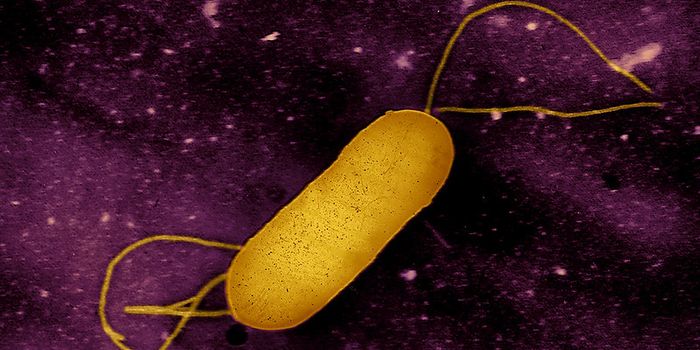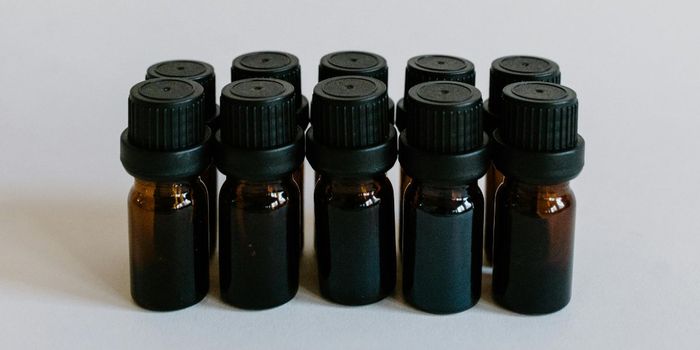Healthy Adrenal System Staves Off Cytokine Storms
Sometimes it’s like our immune systems are trying to kill us. It sides with tumors, attacks us, undermines antibiotic drugs, and, as we all learned during the COVID-19 pandemic, produces cytokine storms.

A cytokine storm, also known as cytokine release syndrome (CRS), is a potentially lethal activation of the immune system. Cytokines are pro- or anti-inflammatory molecules. The massive release of cytokine from flustered immune cells causes fever, respiratory distress, hemorrhage, and even death.
Researchers out of the University of Kentucky released findings suggesting a healthy adrenal system may shield individuals from this overzealous immune response.
Cytokine storms are a life-threatening complication for many cancer immunotherapy treatments, such as the popular CD3 antibody therapy or CAR-T therapy. While CAR-T therapy spurs trained T-cells to attack cancer, it also induces CRS for 60 and 93% of CAR-T patients.
Scientists knew that CD3 antibody therapies might trigger the adrenal system's stress response, causing glucocorticoids to be released. Glucocorticoids are created in the adrenal gland to regulate water balance, metabolism, and growth. These steroid hormones have anti-inflammatory properties, which can suppress the immune system. Their low price tag makes them a popular anti-inflammatory treatment for autoimmune diseases and cancer.
In a new Science Signaling study by Guo et al. report that mice with decreased glucocorticoid production faired poor in response to CD3 antibody treatment. In fact, “severe CRS only develops in mice lacking an adrenal stress response (as in mice with RAI) but not in mice with a normal adrenal stress response.” A pre-emptive low dose of glucocorticoids before immunotherapy did not lead to immune cell death and improved survival rates.
Their findings suggest the adrenal stress response acts during the early stages of a cytokine storm, potentially controlling cytokine and chemokine gene expression.
This suggests issues with the adrenal stress system allow cytokine storms to go unchecked. Screening individuals for adrenal insufficiency isn’t regularly performed before cancer treatment and might help clinicians better predict and prevent this life-threatening immune response during cancer therapies.
Sources: Science Signaling, New England Journal of Medicine, NIH








